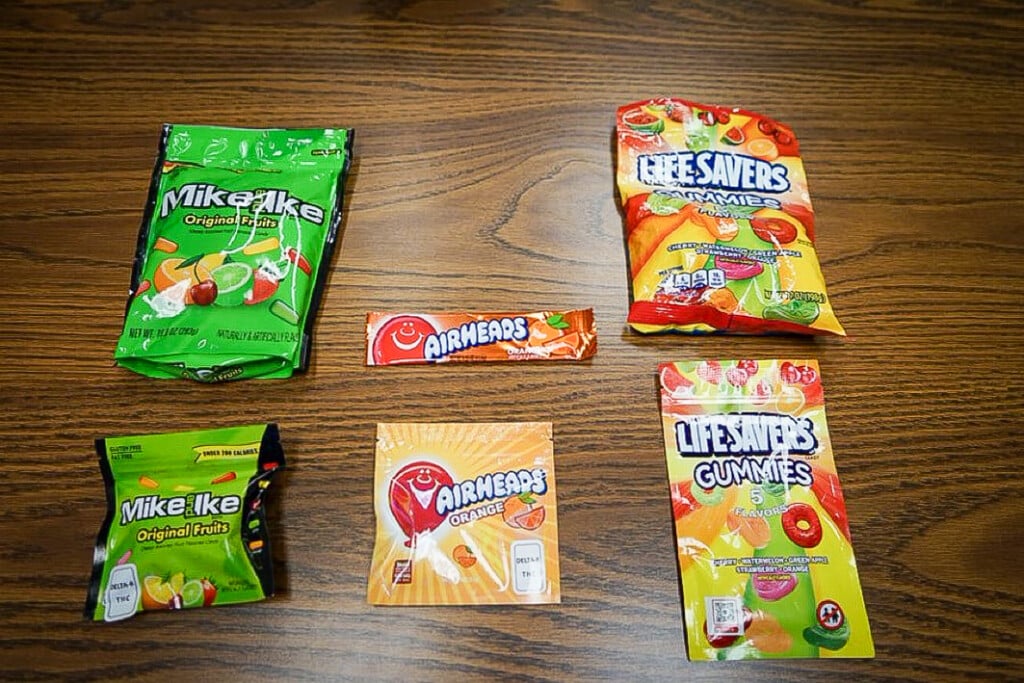Lead to Read summit addresses literacy crisis in Kansas City

From left: Clyde McQueen, Sarah Lauck, Dred Scott, Ruth Pullins, Nate Hogan, and Pauly Hart. // Courtesy of Linda Waterborg.
Lead to Read brought together community members for a sold-out luncheon and panel addressing the literacy crisis and pandemic learning loss among elementary school students in Kansas City on Monday, Jan. 9, 2023.
Lead to Read is a nonprofit organization that promotes literacy among first, second, and third-grade students at Kansas City Public Schools and Charter schools. Students are paired with a one-on-one reading mentor who works with them weekly throughout the school year to improve their literacy. Students who participate see a 98% improvement in reading, and over 10% of students improve their reading ability by 10+ grade levels.
Read more about Lead to Read’s 11 years of efforts in these Pitch features by Ivy Anderegg and Brooke Tippin.
According to Kansas City Action Fund, current third-grade students suffered the greatest learning loss over the pandemic quarantine, because kids learn to read in first and second grade. 2,174 third-grade students attend Kansas City Public Schools and Charter schools. Only 427 of those students, or 20%, read at a proficient level.
Executive Director of Lead to Read, Pauly Hart, calls these literacy levels “a crisis.” Hart says, “All future learning relies on reading. If you’re not reading well by the end of third grade, you’re four times more likely to drop out of school and get set up on a path to be underemployed.” Lead to Read combats this crisis through the individual tutoring and reading mentorship they provide to children in our schools.
Hart says, “We want reading to be everywhere.” Children are, of course, encouraged to read in school through KCPS’s reading initiative, “KCPS Loves to Read,” in which all school faculty and the student body are given the first 15 minutes to read every Wednesday.
Lead to Read has partnered with Patrick Mahomes, too, for the “Read for 15” initiative, which rewards students for reading at home for 15 minutes a week. Reading mentors also visit weekly during the last half hour of students’ lunch breaks.
Additionally, Lead to Read has created 42 sites where books are sent home with children. These locations are not limited to schools—books are being given out to children in the community at sites such as laundromats, barber shops, food pantries, and transitional housing, too, according to Hart.
Lead to Read also emphasizes the importance of transitioning from “learning to read” to “reading to learn.” 85% of the total curriculum is reading, so reading is fundamental to all learning.
Panelists included Dred Scott, president of the Civic Council of Great Kansas City; Ruth Pullins, chief human resources and DE&I officer at University Health; Clyde McQueen, president of the Full Employment Council of Kansas City; and Sarah Lauck, vice president of talent and belonging at H&R Block. Opening remarks were provided by Kansas City School Board president, Nate Hogan, and Mayor Quinton Lucas (virtually).

From left: Clyde McQueen, Sarah Lauck, Dred Scott, Ruth Pullins, and Pauly Hart. // Courtesy of Linda Waterborg.
Hogan opened the panel by urging the audience, “We need to quickly move from conversations to action.”
Scott echoes this call to action, saying “No individual school district can solve this alone. It takes a coalition of resources and people.”
The panel agreed that one-on-one face time with students makes a huge difference in their learning and their self-esteem. McQueen says, “The time teachers, counselors, and caring adults spend interfacing with students makes the difference. Face time is critical to these students.”
Hart says that though over 1,200 volunteers work with Lead to Read currently, 80 more volunteers are needed to accommodate all the students the organization serves. Anyone can apply to be a one-on-one reading mentor at Lead to Read’s website. Other ways you can support Lead to Read include making a monetary donation, hosting a book drive, or purchasing books from the organization’s Amazon wishlist. The panelists also recommended reaching out to our local Congress representatives to advocate for universal Pre-K and for better teacher pay and training.




